My time in the Work Study program at the John C Campbell Folk School is flying by. It’s been a wonderful experience that I’ll treasure forever. One of the best parts of this experience has been meeting and chatting with other like-minded folks. Mealtimes are the perfect time to strike up a conversation with someone new. It’s also when I’m most often asked about the Work Study program. For today’s post, I’d like to share the questions I’m asked most often along with my answers. Special thanks to my fellow Work Study Students, Patty and Anna, for contributing to this list of Frequently Asked Questions (FAQ).
Q1. What is the Work Study program?
A1. The Work Study program is a 9-week program. You work for the Folk School for 5 of those weeks and are able to take classes for 4 of those weeks.
Q2. How did you hear about the program and/or why did you decide to apply?
A2. I’ve been interested in the Folk School for a long time. I toured the campus on a daytrip several years ago. I’ve always wanted to take a class here but was never been able to squeeze it into my work schedule. But I retired last year and have a lot more time. So when I saw the Work Study program posted on the Folk School Facebook page, I decided to apply.
Q3. How far into the program are you?
A3. I’m nearing the end of my session. At the time of this post, I’ll be in week 7 of 9.
Q4. Is the program associated with a specific university/college program?
A4. No, the Work Study program is not associated with any university or college programs.
Q5. Is the program the same as the Host program?
A5. The Student Host program is a separate program. It is a 4-month term. Student Hosts are responsible for making sure students have a good experience while at the School. Student Hosts are able to take classes every week but are on call for extended periods of time.
Q6. Can you choose any classes you want?
A6. Yes, Work Study Students can choose any of the week-long classes they want for their 4 choices. Assuming, of course, that the class isn’t already full. Work Study Students can also attend weekend classes but only if there are seats remaining after other students have registered.
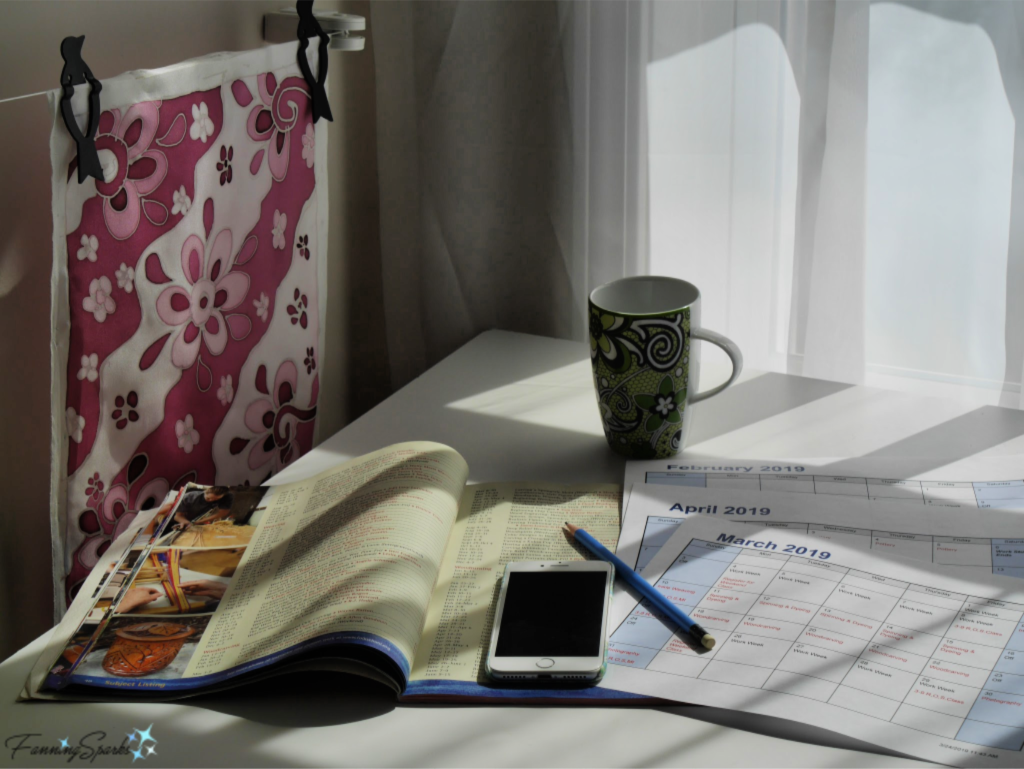 Q7. Do classes have to be at a specific time?
Q7. Do classes have to be at a specific time?
A7. The only limitation on when Work Study Students can attend class is that they are required to work the first week of their session. After the first week, work weeks are scheduled around the classes.
Q8. What classes have you taken?
A8. I’ve attended 3 of my 4 week-long classes: Glass Blowing, Spinning and Dyeing, and Woodcarving. My fourth class will be Pottery. I’ve also taken 2 weekend classes: Basketry and Inkle Weaving.
One of the challenging projects in the Glass Blowing class was to create a glass marble.
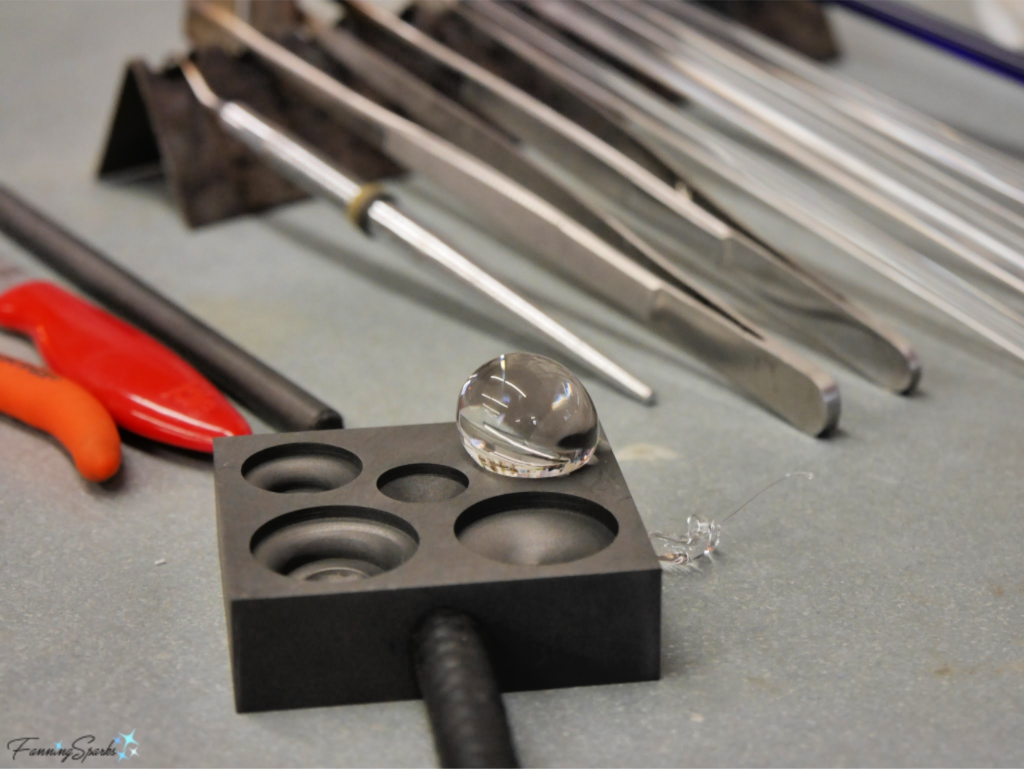 Here’s my in-progress strap in the Inkle Weaving class.
Here’s my in-progress strap in the Inkle Weaving class.
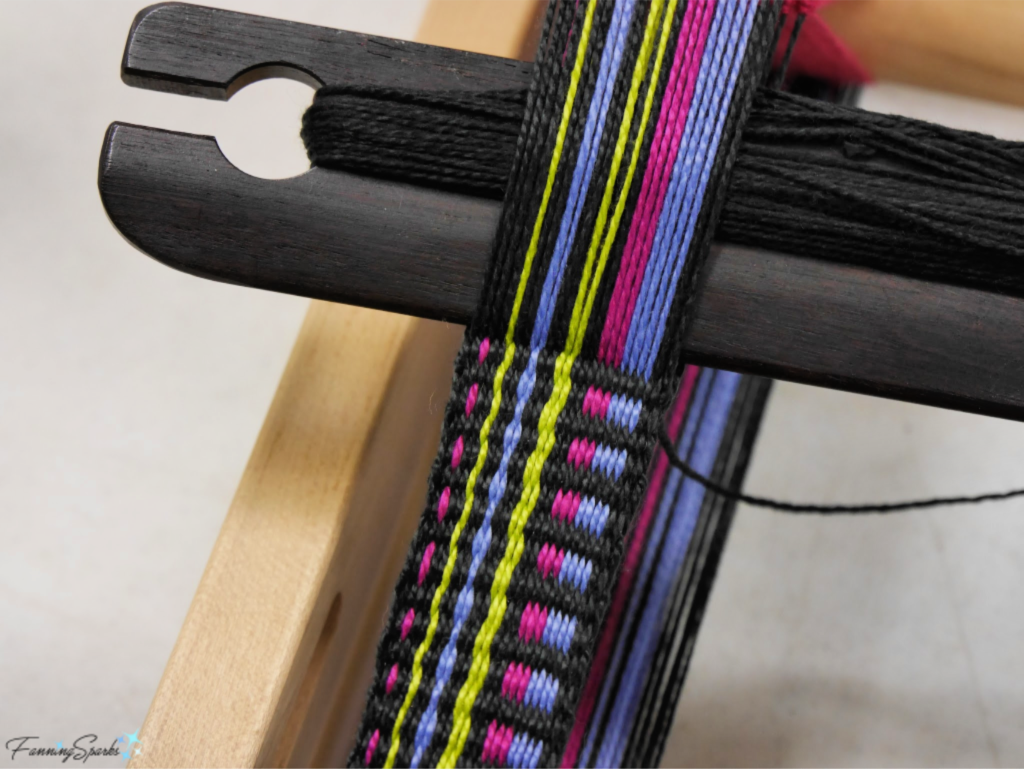 Here is a young Shetland sheep on Martha Owen’s farm tour which was part of the Sheep to Shawl Spinning and Dyeing class.
Here is a young Shetland sheep on Martha Owen’s farm tour which was part of the Sheep to Shawl Spinning and Dyeing class.
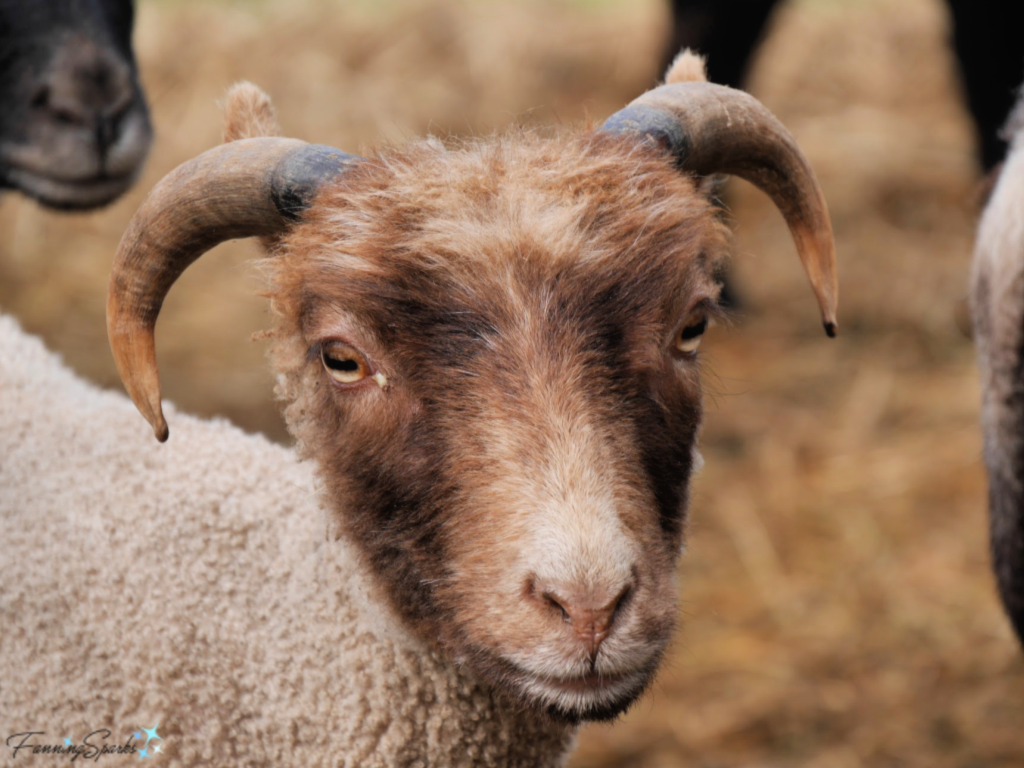 Q9. What did you like the best?
Q9. What did you like the best?
A9. I enjoyed every class but, if I had to choose a favorite, it would have to be Woodcarving.
Q10. Where do you stay?
A10. The Work Study Students all stay in Bidstrup House which is near the gardens. It’s really nice to have our own space and to have everyone together.
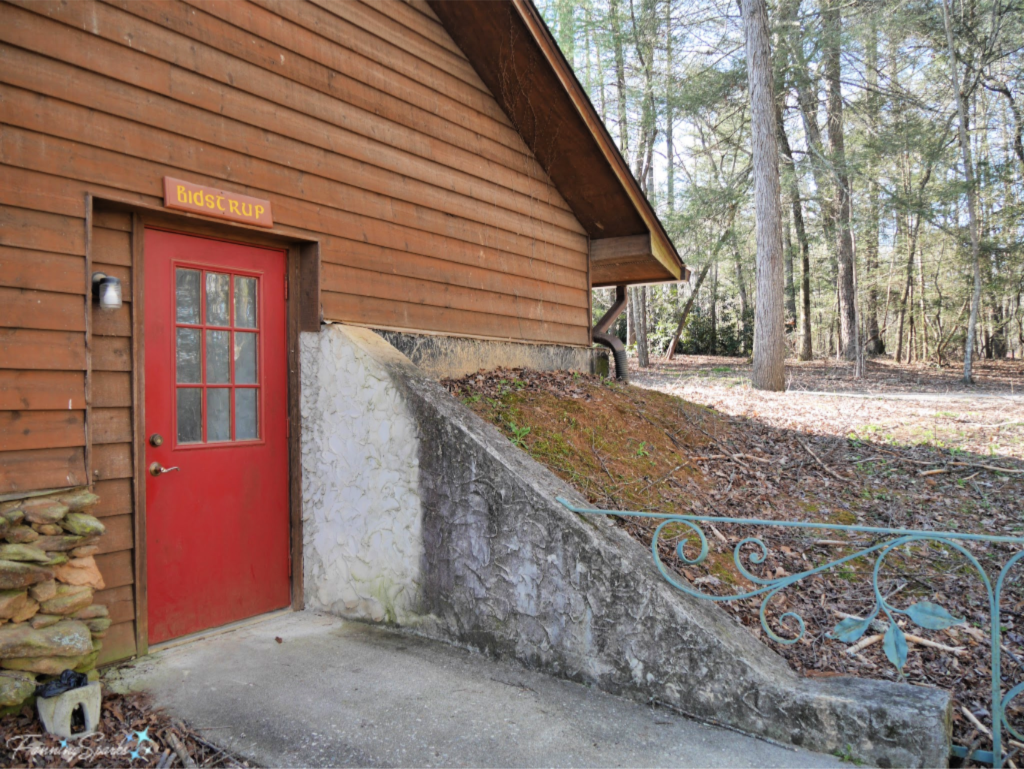 Q11. Do you have your own room?
Q11. Do you have your own room?
A11. Yes, I am lucky to have my own room. I started my session in February when there weren’t that many of us so it wasn’t necessary to share. Bidstrup House accommodates 2 people per room.
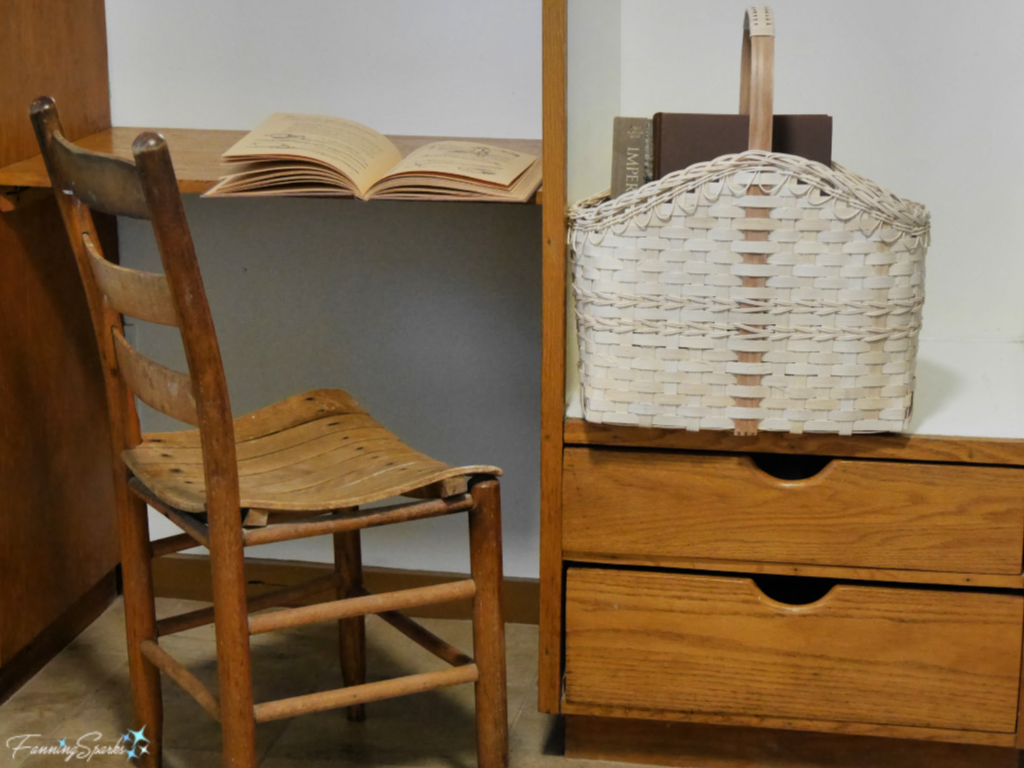 Q12. What is the work?
Q12. What is the work?
A12. I’m on the Garden Crew so that means we do yard work, such as raking leaves or repairing walking paths, and garden work, such as planting seeds, weeding flower beds and preparing the vegetable gardens for the season.
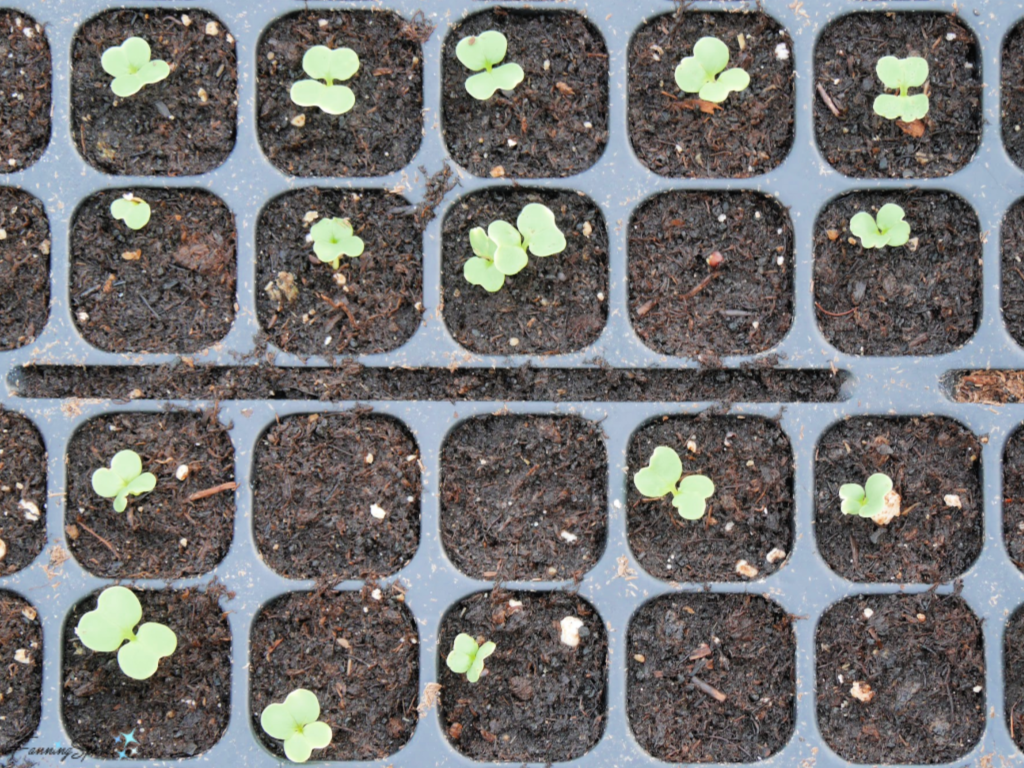 Our team also had an unusual assignment to clean out the Big Barn beside the Blacksmith Studio. We had to remove and dispose of the debris that had been collected over the years.
Our team also had an unusual assignment to clean out the Big Barn beside the Blacksmith Studio. We had to remove and dispose of the debris that had been collected over the years.
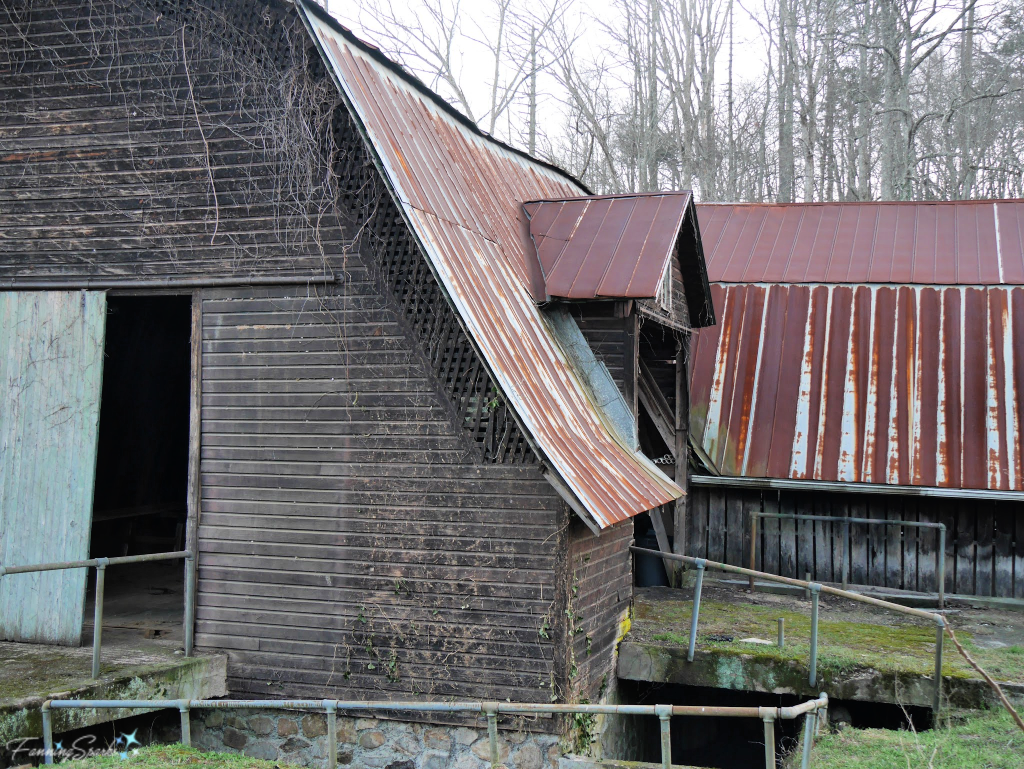 Q13. Is the work difficult?
Q13. Is the work difficult?
A13. Not really but it is physical work. Some tasks, such as when we cleaned out the Big Barn, are physically taxing.
Q14. Are there assignments other than the Garden Crew?
A14. There are a few special assignments. For example, there was one for wayfinding which dealt with assessing the need for better signage around the campus. Special assignments are listed on the Folk School’s website.
Q15. How do you apply to the program?
A15. Everything you need to know is posted on the Folk School’s website under Explore > Work Study and Student Hosts.
Q16. Are there age restrictions?
A16. Applicants must be at least 18.
Q17. Is it difficult to get in?
A17. I didn’t have any difficulty but I assume it depends on the time of year and the number of applicants. There weren’t a lot of applicants in February.
If you do read this and then happen to run into me in the Dining Room, please feel free to ask these questions anyway. I love talking about the Work Study program!
More Info
If you missed my post on First Impressions as a Work Study Student, check it out to learn about the John C Campbell Folk School and my participation in the Work Study Program.
I have also published the following posts about the Folk School:
. Weave a Market Basket
. Artistic Details Around Campus
. Carving in Brasstown
. Getting Started with Woodcarving
You can learn more on the John C Campbell Folk School website, their Facebook page or Instagram account. Information about the Work Study program is found here.
Today’s Takeaways
1. Explore the possibility of participating in the Work Study Program at the John C Campbell Folk School in North Carolina or at a Craft or Folk School near you.
2. Consider taking a variety of classes to explore new crafts and find the best fit for you.
3. Connect and spend time with fellow makers for inspiration.


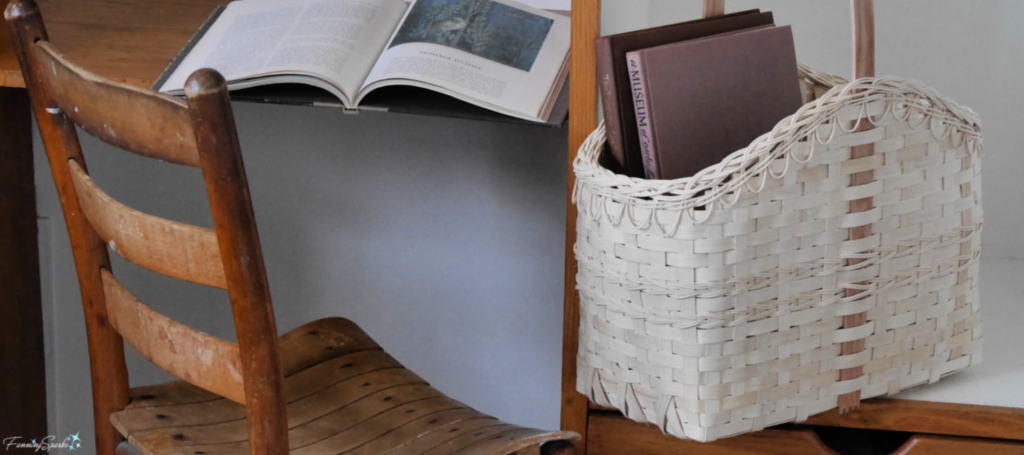
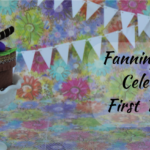
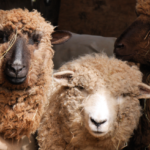
Comments are closed.